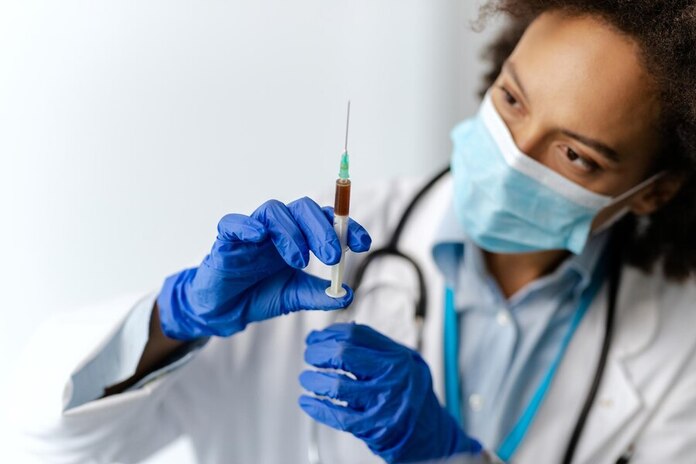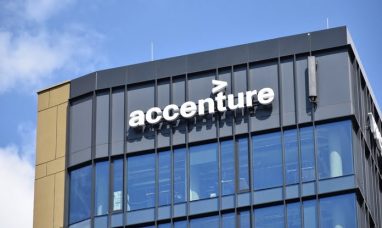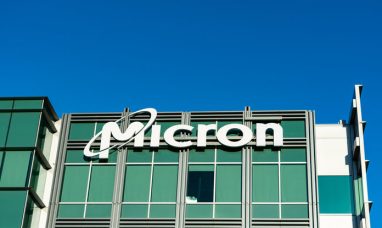Eli Lilly and Company (NYSE:LLY) has announced a significant reduction in the price of its popular weight-loss drug, Zepbound, following less than a year on the market.
New Pricing Strategy for Zepbound
Eli Lilly is now offering its 2.5mg doses of Zepbound at $399 per month and the 5mg at $549 per month. This is a notable decrease from the initial list price of $1,060 per month when the drug was first introduced in December last year. The new pricing also offers a discount compared to the estimated net prices, which reflect the amount paid after rebates from pharmacy benefit managers (PBMs). Evercore ISI had previously estimated net monthly prices for Zepbound at $650.
Impact of Compounding Pharmacies
The reduction in Zepbound’s price comes amid ongoing shortages of GLP-1 weight-loss drugs, which have led to a surge in the use of compounding pharmacies. These pharmacies create alternative, off-patent versions of such drugs, though not endorsed by the Food and Drug Administration (FDA). Despite the FDA’s removal of Lilly’s drugs from its shortage list, which ends the right of compounding pharmacies to sell their versions, these alternatives continue to be available through online platforms and telehealth services.
Introduction of Single-Dose Vials
Eli Lilly has also announced that Zepbound will now be available in single-dose vials, replacing the auto-injector pens previously used. This change is expected to streamline production and improve accessibility for patients seeking a safe and effective weight-loss treatment.
Competitive Landscape and Market Dynamics
The company’s new pricing strategy will be accessible through its direct-to-consumer platform, LillyDirect, launched in January. This move places Eli Lilly in competition with Pfizer Inc. (NYSE:PFE), which recently introduced its direct-to-consumer platform, PfizerForAll. Additionally, the weight-loss drug Wegovy from Novo Nordisk (NYSE:NVO) remains more expensive at a list price of $1,349 per month. Novo Nordisk has yet to announce any plans to adjust its pricing in response to Lilly’s new prices.
According to data from analytics firm GlobalData, Eli Lilly and Novo Nordisk dominated the GLP-1 market in 2023, holding a combined 99% market share. GLP-1 drugs, which have been used for type 2 diabetes since 2005, are now seeing unprecedented popularity for weight loss. The GLP-1 category generated $37.2 billion in 2023, and the market is projected to exceed $150 billion by 2030.
Featured Image: Freepik















